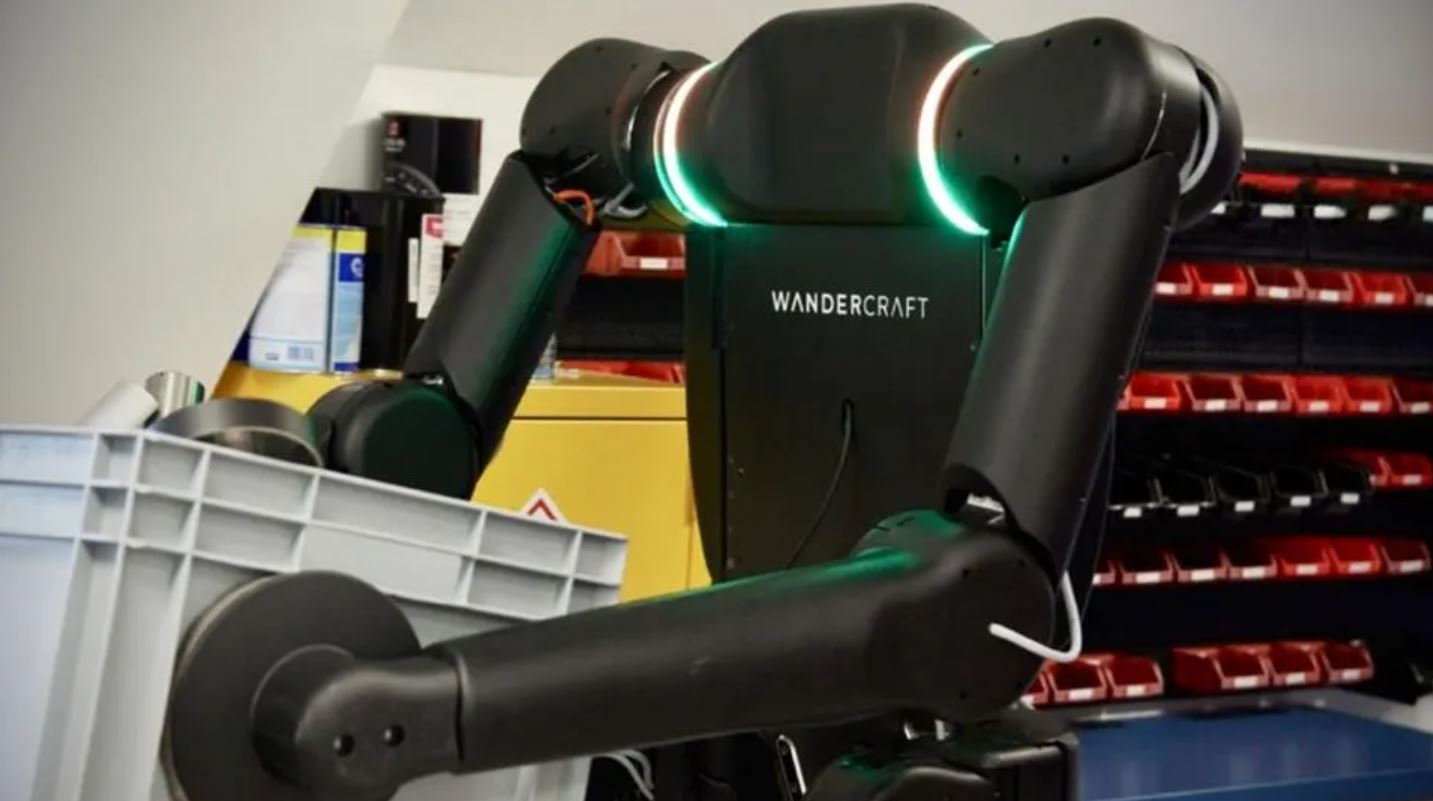 Wandercraft, a French robotics innovator established in 2012, has long been dedicated to enhancing mobility for those facing severe gait challenges. Drawing inspiration from personal experiences related to Charcot Marie Tooth disease, the team has already made its mark with a series of self‑balancing exoskeletons. Now, they’ve pivoted to a new venture: developing Calvin, a humanoid robot engineered in just 40 days using their proven exoskeleton technology.
Wandercraft, a French robotics innovator established in 2012, has long been dedicated to enhancing mobility for those facing severe gait challenges. Drawing inspiration from personal experiences related to Charcot Marie Tooth disease, the team has already made its mark with a series of self‑balancing exoskeletons. Now, they’ve pivoted to a new venture: developing Calvin, a humanoid robot engineered in just 40 days using their proven exoskeleton technology.
This exciting development coincides with Renault Group’s strategic investment in Wandercraft. By joining forces, the two aim to ease the burden of repetitive, strenuous tasks on the factory floor, ultimately boosting productivity through smarter automation. As Matthieu Masselin, Wandercraft’s CEO, puts it, Renault’s backing is a key milestone that opens doors to creating impactful, cost‑efficient robotics for diverse settings—be it industrial sites, clinics, or even at home.
Calvin comes equipped with non‑grasping manipulators designed for industrial environments, although further specifications are yet to be disclosed. Meanwhile, Wandercraft’s Atalante X exoskeleton, launched in 2019, continues to make significant strides in rehabilitation. With nearly 100 installations around the globe and FDA clearance for certain applications in spinal cord injuries and stroke recovery, it remains a trusted tool for both patients and therapists. Building on that success, clinical trials for the new Personal Exoskeleton are underway, aiming to deliver greater mobility in everyday settings.
As these projects evolve, the collaboration between Wandercraft and Renault shines a light on what modern robotics can achieve when innovative design meets industrial expertise.








